
On Thursday November 7th, a group of European NGO's including Both ENDS, sent a letter to Vice-President of the EU Frans Timmermans, in which they ask him to support the phase out of European Investment Bank’s fossil fuel financing by the end of 2020.
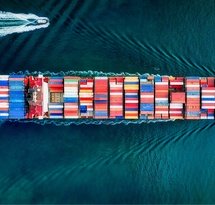
Every 10 years, the mandate and activities of 'Export Development Canada' (EDC), the Canadian export credit agency, are reviewed. Since the last review took place in 2008, another review is currently underway. Both ENDS and a couple of other CSOs working from a number of countries made a joint submission as formal input to the legislative review. We did this especially in light of the Canadian governments' ambition to show leadership on climate change and to prioritise climate change action and clean economic growth.
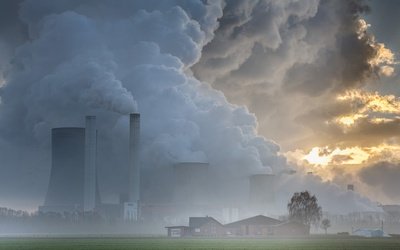
Amsterdam, 23 September 2019 - The world's 5th largest pension fund, with assets of over €430 billion, Dutch ABP is continuing to invest in companies that are on a collision course with the Paris climate goals, such as coal and oil companies.
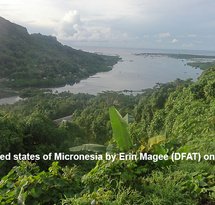
Both ENDS' Niels Hazekamp and Daan Robben are joining the Climate CoP in Bonn to actively follow the negotiations, with a special focus on certain topics such as subsidies and support for fossil fuels, climate finance, climate adaptation, and gender. Both ENDS also co-organises a side event together with the International Institute for Environment and Development (IIED).
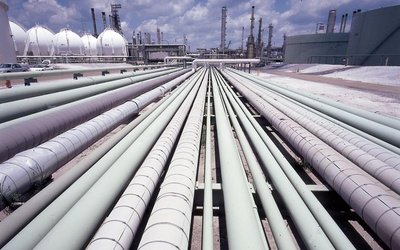
Although outgoing economics minister Henk Kamp stated in May of this year that fossil fuels are not subsidised in the Netherlands, a report out today shows that this is clearly not the case. The report. ‘Phase-Out 2020: Monitoring Europe’s fossil fuel subsidies’, by the Overseas Development Institute (ODI) and Climate Action Network Europe (CAN-Europe), says that the Netherlands is supporting the fossil sector at home and abroad with more than 7.6 billion euros a year (1). The Netherlands made international agreements as long ago as 2009 (2) to ban subsidies for fossil fuels. Environment NGO Milieudefensie and Both ENDS – both members of CAN-Europe – call attention to these findings because they find it unacceptable that the government perpetuates our dependence on fossil fuels in this way.
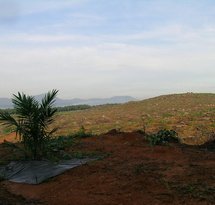
The EU is still one of the world’s largest importers of deforestation: EU demand for commodities like soy, palm oil, beef, coffee and cacao requires millions of hectares of tropical rainforest to be cleared. This deforestation has significant biodiversity and climate impacts, and is often linked to human rights violations and violence against local communities and indigenous peoples. Both ENDS and partners have been actively lobbying the EU Commission to adopt a robust action plan to address and prevent human rights violations and deforestation ‘embodied’ in EU imports of agricultural commodities.
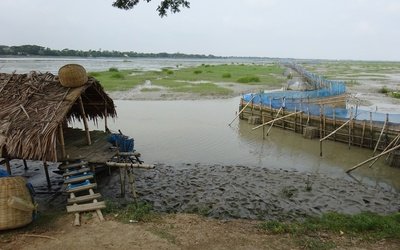
Tidal rivers in the southwest coastal area of Bangladesh have been dying since flood plains were replaced by Dutch-style polders in the 70s. Rivers are silted up, and during monsoon season water gets trapped within embankments. Every year, this situation of waterlogging inflicts adverse consequences particularly on women, as they take care of the household in waterlogged conditions in the absence of men who travel to the city in search of temporary work. NGO Uttaran is advocating for a change in policy and practice.